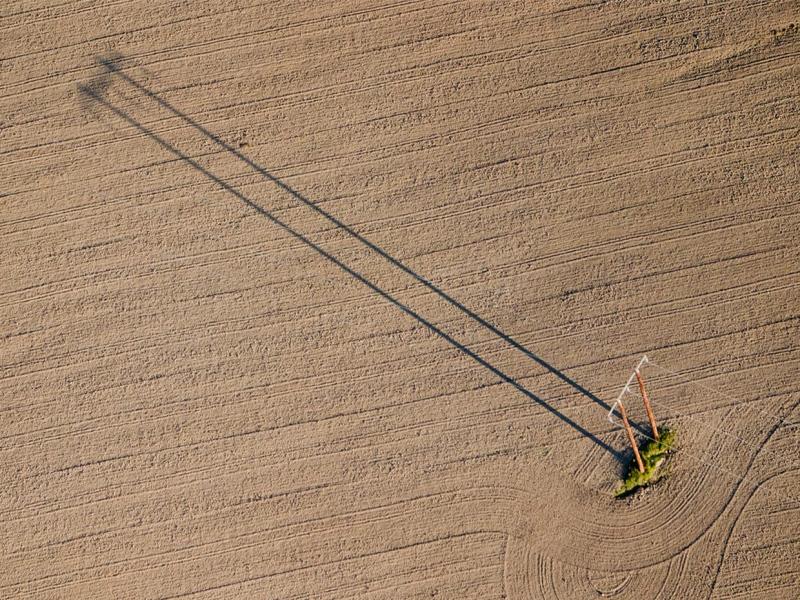For a lot of farming businesses, the four years since COVID-19 have seen some of the best returns in living memory.
Over the past year, seasons and prices have been favourable, overall, livestock and WA aside. Up until last year, interest rates were low and there was plenty of Government stimulus, including the Instant Asset Write Off, that found its way into agriculture. It has been busy, but profitable!
As a result, many farming businesses expanded, either through the acquisition of land or plant with the cheap money that was available.
As we’ve moved into 2024, the agricultural landscape has changed significantly. Seasonal variability has affected some regions, prices have experienced more volatility, costs of production have increased, narrowing margins, and interest costs are now triple their previous levels. This financial pressure is compounded when considering the additional debts incurred from new expansions.
After a run of good years, it’s normal human behaviour for people to be a bit freer with their funds. This may include additional land, investing in plant and machinery, or personal expenditure, such as long overdue house renovations. These actions are understandable, and in some cases have been decisions that were put off for many years.
The point is that the tide has turned, and farming businesses need to adapt to evolve with changing conditions, if they haven’t already.
What can a farming business do?
We recommend that clients be vigilant when reviewing their cost structure. Take time to shop around and make sure you are getting the best fertiliser, chemical, or fuel deal. We are seeing significant increases in Insurance premiums as well. Don’t be afraid to ask your supplier, “Am I getting the best deal?”. Should their response be unsatisfactory, consider a competitor.
Similarly, with financing costs, while farm debt has increased, farm equity has too. From a banking point of view, agricultural businesses are in a profitable industry to lend to, as long as serviceability can be demonstrated. Again, don’t be afraid to ask, “Am I getting the best deal?” There are plenty of other providers who are likely to want your business.
This presents an excellent opportunity to review what plant you have and dispose of items that are no longer required that may be tying up valuable capital. On a cautionary note, make sure you understand the tax consequences first.
In summary, this is a time to show cashflow discipline. Ask yourself, “For the money that I am spending, am I getting the best return on investment that I can?”
FOR MORE INFORMATION
If you have any questions, please contact your nearest RSM adviser, who can assist in optimising your cashflow management.





